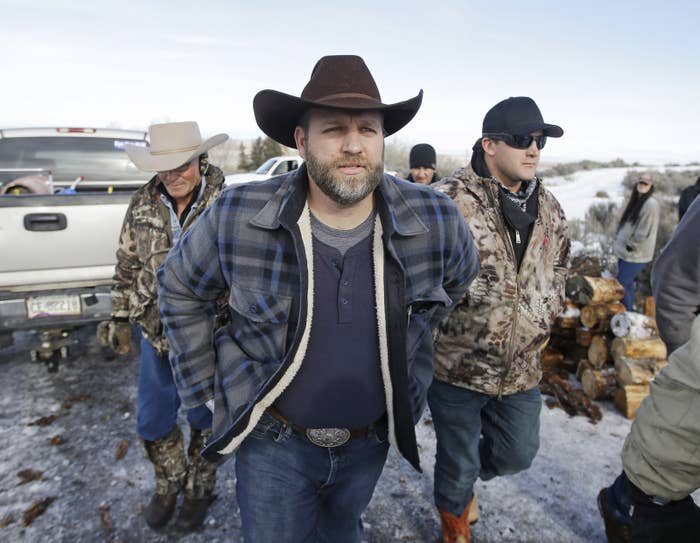
Attorney Matthew Schindler has handled more than 200 cases in federal court, squaring against federal prosecutors and arguing his case to judges and juries.
Never had any of his clients been indicted and stood trial within a year — the wheels of justice just don't turn that quickly. Yet there stood Schindler in a Portland courtroom Thursday, waiting for a jury to render a verdict just 10 months after his client had been arrested.
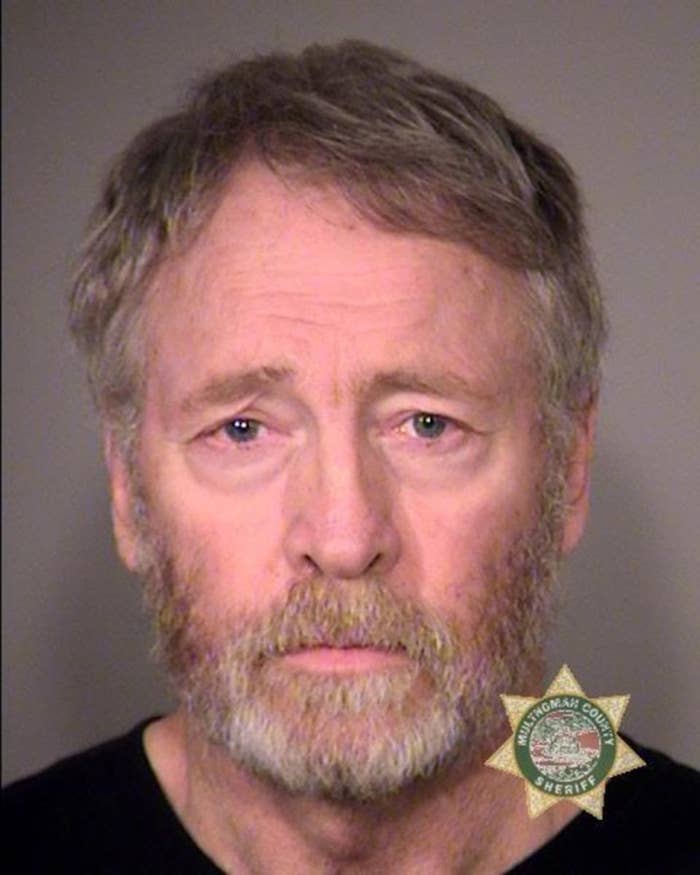
His client, Kenneth Medenbach, was one of seven occupiers charged with a takeover of an Oregon wildlife refuge, a tense standoff that caught national attention and drew a spotlight to a growing anti-government movement and the dispute over Western lands and ranchers' claims to it.
Ammon and Ryan Bundy, the leaders of the armed occupation, were also waiting to hear their fate. Most observers, including Schindler, expected a conviction.
Then, in an astonishing decision, a jury found all seven not guilty.
"This is the biggest defeat of this US Attorney's office that I'm aware of," Schindler told BuzzFeed News. "These are just not the kinds of cases that you win."
Looking back at the case, Schindler said, he sees a federal criminal case that was hurried through the courts and riddled with tactical mistakes made by prosecutors. Making matters worse, the Department of Justice may have "overcharged" the defendants with a felony for conspiracy to impede federal officers by threats or fear.
After a six-week trial, Schindler said, prosecutors were unable to show basic factors needed to prove the conspiracy charge, including intent. Despite stressing the image of heavily armed men heading to the refuge and standing guard, prosecutors didn't offer specific examples of threats against the employees of the refuge, a key aspect to the criminal charge, Schindler said.
"I sat through a six-week trial and I never heard a threat discussed," he said.
That seems to correlate with what one of the jurors told The Oregonian in an email, revealing the 12 jurors felt prosecutors did not prove basic elements of the charge.
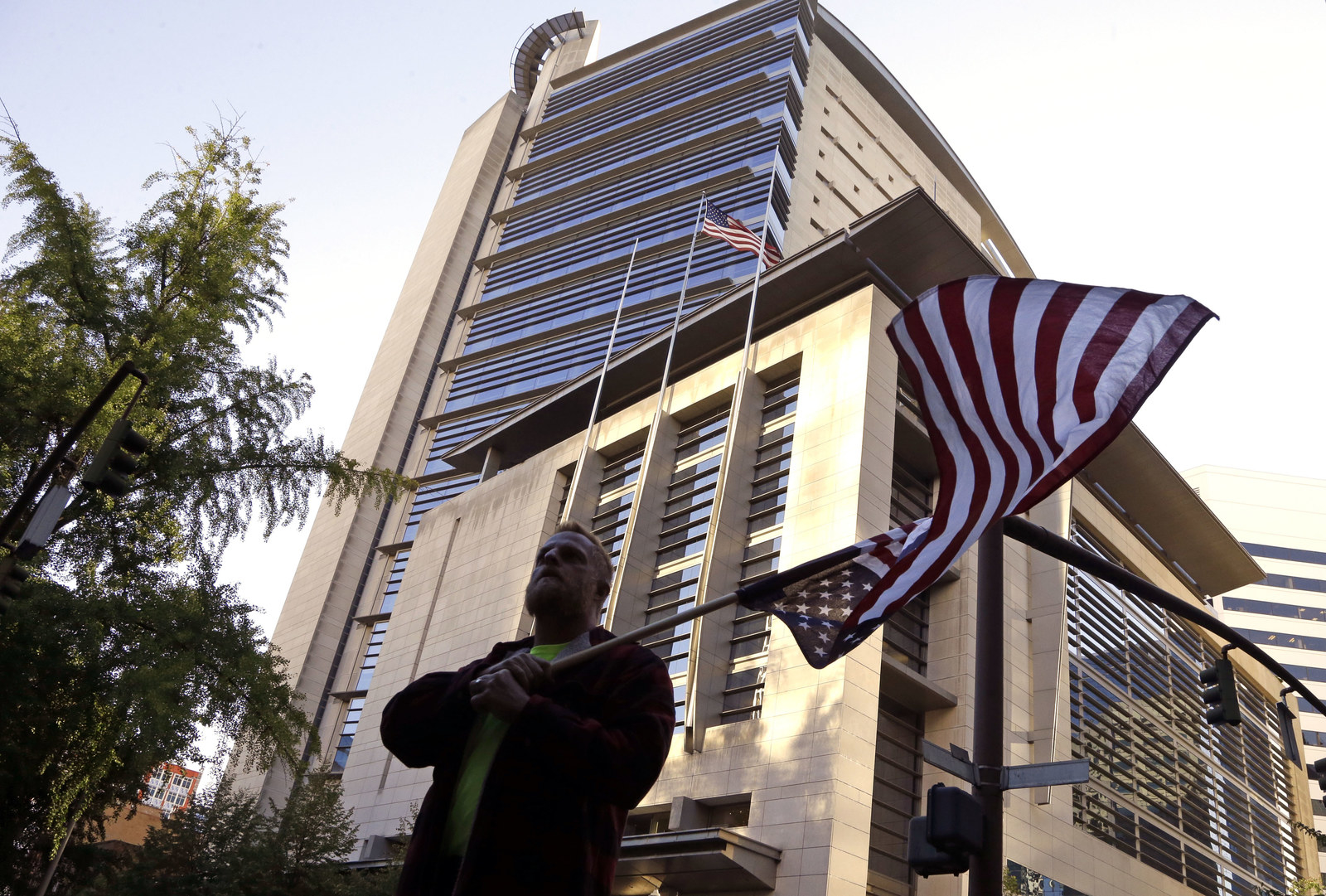
"It should be known that all 12 jurors felt that this verdict was a statement regarding various failures of the prosecution to prove 'conspiracy' in the count itself," Juror 4, who was not identified, told the paper.
The case gave an unexpected victory to a growing militia and anti-federal government movement that experts say has expanded after Ammon and Ryan Bundy's father, Cliven Bundy, first squared-off against federal agents at his Nevada Ranch.
In 2014, militias and armed supporters flocked to the ranch and forced federal agents to withdraw, a move that supporters quickly pointed to as a victory. Experts said the decision emboldened similar groups and inspired the occupation in Oregon nearly two years later. Cliven Bundy and his two sons are still facing federal charges in Nevada for that case.
Looking to increase their numbers at the refuge and increase public support, the Bundys and their followers documented the Oregon occupation extensively on social media. The videos and social media posts, some of which showed the men stating their willingness to defend themselves with force if officials tried to remove them from the land, were heavily used by prosecutors, hoping to show planning and coordination for the tense standoff.
It seemed to be an open and shut case.
For defense attorneys, however, instead of arguing basic points of the occupation, they admitted the refuge was occupied and countered that the federal government had no claim over the refuge land. The purpose of the armed takeover, they argued, was to draw attention to the plight of local ranchers.
"Rather than trying to pretend that they weren't really doing what they were doing, we took their actual argument and said, 'It's legitimate,'" J. Morgan Philpot, one of the attorneys representing Ammon Bundy told BuzzFeed News.
Doing so was initially a challenge to defense attorneys, Philpot said.
"Their initial filings to our arguments were so dismissive they were insulting," Philpot said. "Then you could see in their closing arguments they tried to come back and attack it."
The strategy appears to have worked.
"We were not asked to judge on bullets and hurt feelings, rather to decide if any agreement was made with an illegal object in mind," Juror 4 told The Oregonian. "It seemed this basic, high standard of proof was lost upon the prosecution throughout."
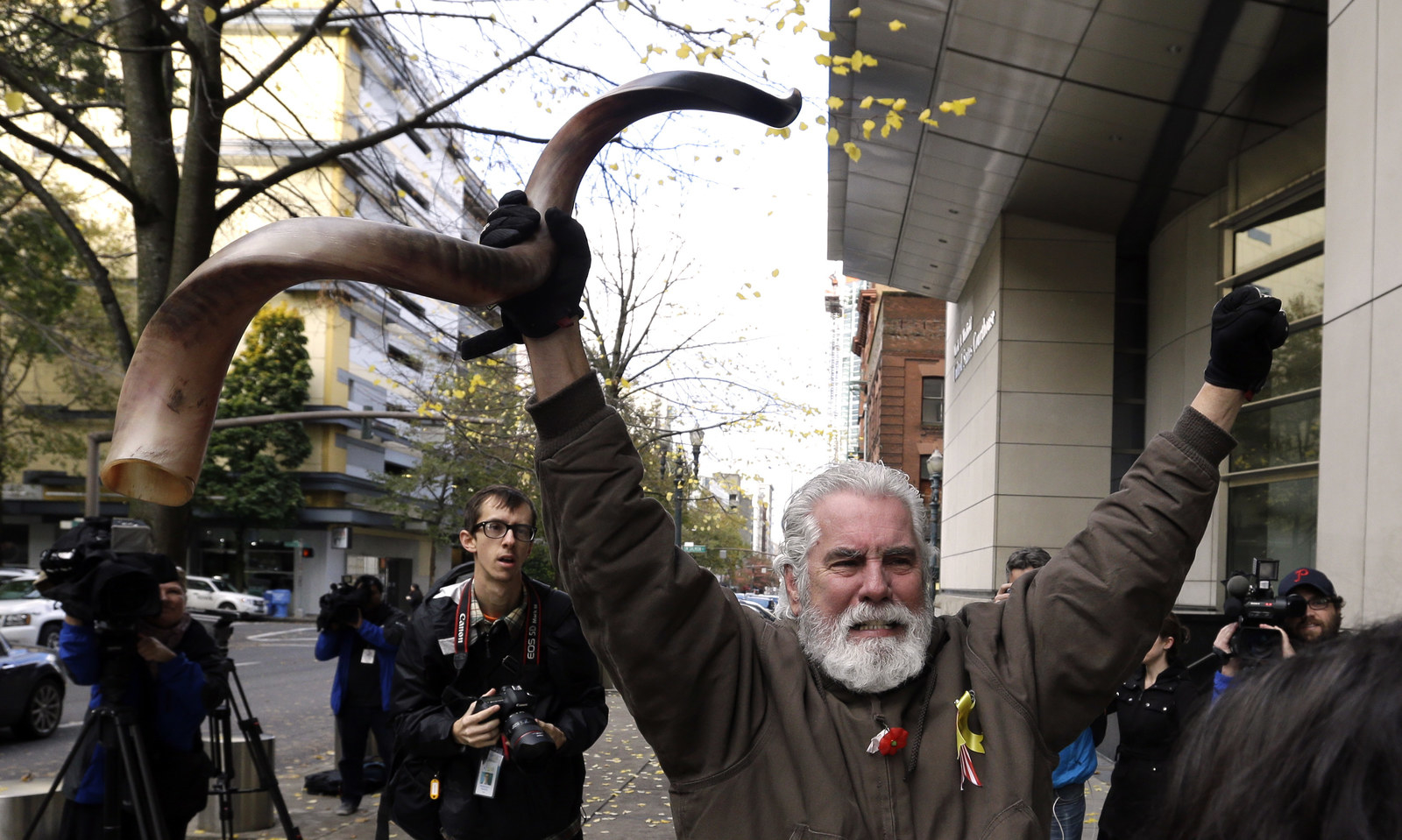
Schindler agreed, and looking back on the trial, he said, it appeared to him as if basic elements of the case were not addressed, or ignored by prosecutors.
The FBI agent in charge of the investigation, for example, was never brought forward by prosecutors to testify, leaving gaps into how the case was investigated.
When agents testified about finding weapons at the refuge, for example, Schindler said none of them could answer basic questions as to how the evidence was processed.
Though prosecutors tried to stress the large number of weapons seized at the refuge, prosecutors did not present traces performed by the Bureau of Alcohol, Tobacco, Firearms and Explosives on the weapons — 33 of which Schindler said did not link back to any of the occupiers at the refuge.
Investigators could still find a way to link the weapons back to the defendants, he said, but they did not do so in the case.
"I think they came across to the jury as arrogant. They thought the case was open and shut and they didn't' have to do much," Schindler said. "They just failed."
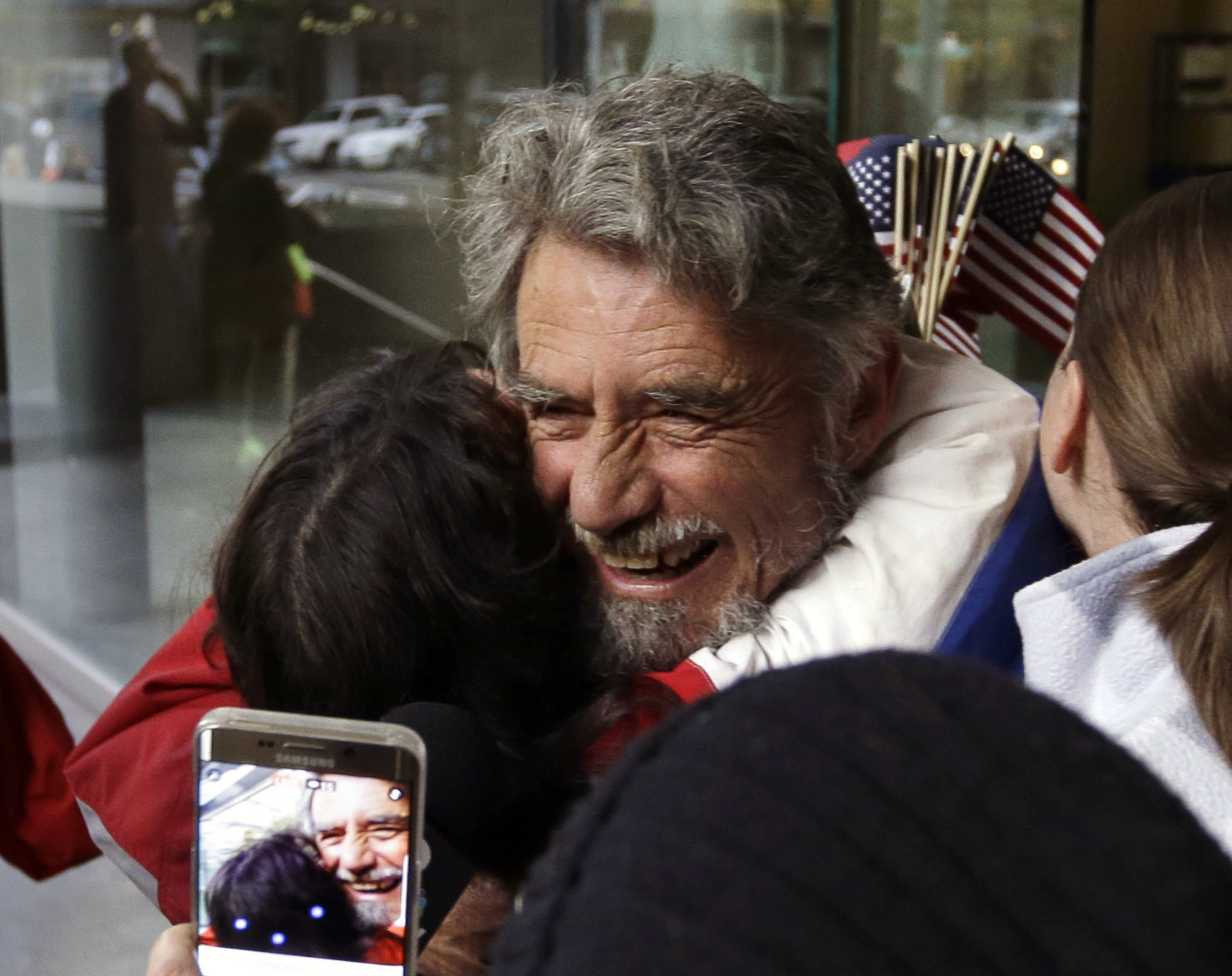
Prosecutors also appeared to have overreached in the charges filed, he said. His client, for example, arrived late at the occupation and was arrested while driving a truck reported stolen by the US Fish and Wildlife Service.
Despite this, Medenbach was charged with conspiracy.
He was offered a plea deal where he would be released immediately with a "time served" sentence if he pleaded guilty. Medenbach refused.
"He said, no," Schindler said. "He said to me, 'The entire point for me doing this is getting attention for this issues.'"
In his experience, Schindler said, most federal cases are thoroughly vetted before an indictment is even filed, reducing the chances of winning an acquittal in federal court.
Instead, he said, the case against the Bundy brothers and five other defendants appeared to be hurried through.
"When all you do is shoot fish in a barrel you come to think you're a great fisherman, and you're not."
